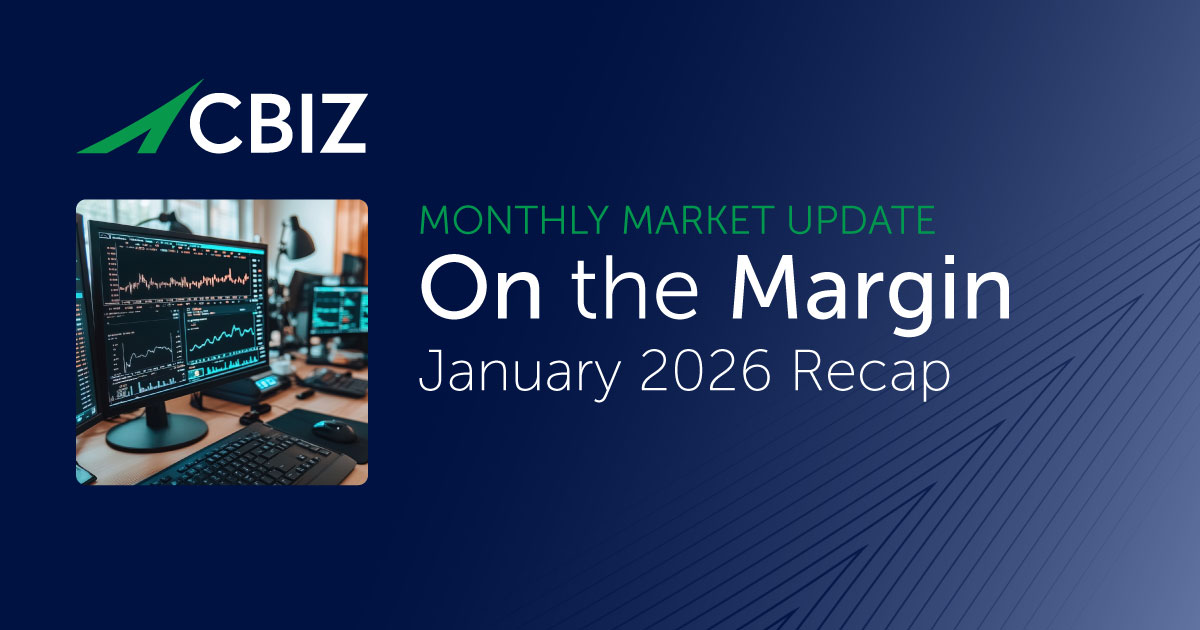In a case of first impression, the Commonwealth Court of Pennsylvania just held in Online Merchants Guild v. Hassel, No. 179 M.D. 2021 (September 9, 2022), that the mere fact non-resident merchants have inventory stored in the Commonwealth as a result of their participation in the Fulfillment By Amazon program does not establish nexus for either sales or income tax purposes.
Retailers who use Amazon fulfillment ship their goods to an Amazon warehouse that is convenient for the retailer. Amazon then moves these goods to warehouses across the country, so they can meet the short delivery timeline for Prime shipping. While the goods are being stored across the country, they are still the property of the retailer. Generally, for state tax purposes, having goods in a third-party warehouse creates nexus.
In a very well-reasoned opinion, the Court determined that such merchants do not have sufficient “minimum contacts” within the state to establish in personam jurisdiction, a requirement to satisfy the due process clause before a state can exercise its taxing authority over a non-resident merchant. In its analysis, the Court concluded that it could not be said that the merchants in question had purposely availed themselves of the protections provided by Pennsylvania since they had no control over where Amazon chose to store their inventory and they had no interactions with customers who placed orders with Amazon to purchase their products.
The Court’s holding represents a significant development in the nexus arena and may provide some guidance to courts in other states when analyzing similar issues. In practice, we have seen other states take a contrary view and assess taxpayers for this issue. Thanks to the rise of the marketplace facilitator rules and sales tax nexus thresholds, the exposure in recent years due to Amazon fulfillment is mostly limited to income tax. Additional sales tax issues from Amazon fulfillment would only apply to sales not made via Amazon (or a similar platform) and to sellers with less than $100,000 in revenues or 200 transactions in a state (those who don’t already have nexus in most states).
Please contact your CBIZ State and Local Tax professional for questions on this or any other matter.
© Copyright CBIZ, Inc. All rights reserved. Use of the material contained herein without the express written consent of the firms is prohibited by law. This publication is distributed with the understanding that CBIZ is not rendering legal, accounting or other professional advice. The reader is advised to contact a tax professional prior to taking any action based upon this information. CBIZ assumes no liability whatsoever in connection with the use of this information and assumes no obligation to inform the reader of any changes in tax laws or other factors that could affect the information contained herein. Material contained in this publication is informational and promotional in nature and not intended to be specific financial, tax or consulting advice. Readers are advised to seek professional consultation regarding circumstances affecting their organization.
“CBIZ” is the brand name under which CBIZ CPAs P.C. and CBIZ, Inc. and its subsidiaries, including CBIZ Advisors, LLC, provide professional services. CBIZ CPAs P.C. and CBIZ, Inc. (and its subsidiaries) practice as an alternative practice structure in accordance with the AICPA Code of Professional Conduct and applicable law, regulations, and professional standards. CBIZ CPAs P.C. is a licensed independent CPA firm that provides attest services to its clients. CBIZ, Inc. and its subsidiary entities provide tax, advisory, and consulting services to their clients. CBIZ, Inc. and its subsidiary entities are not licensed CPA firms and, therefore, cannot provide attest services.















